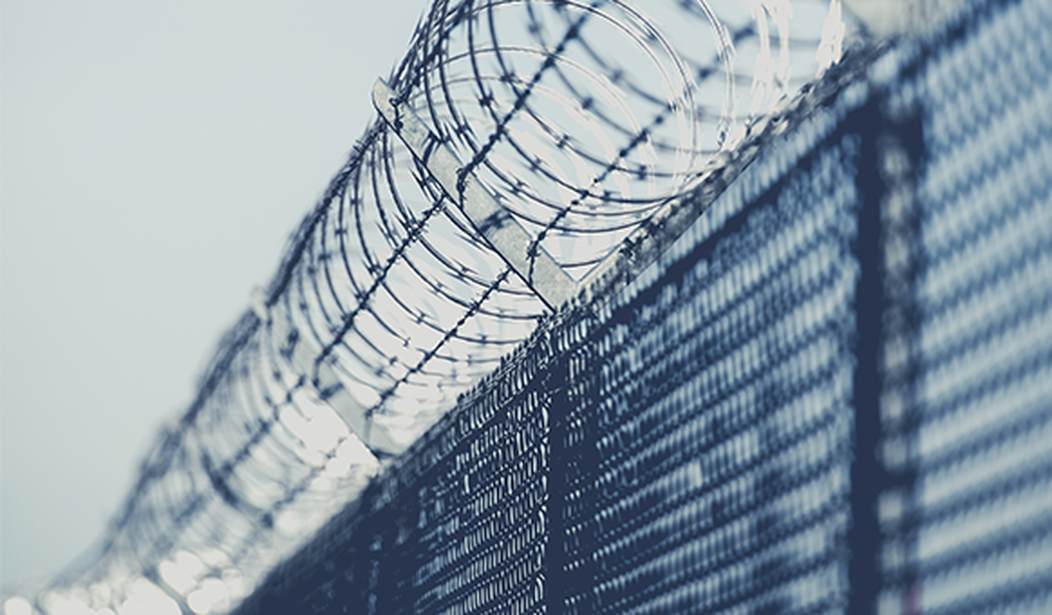I’m kind of a bleeding-heart conservative when it comes to issues of crime and public safety. I’m all in favor of proven crime-fighting strategies that are meant to prevent the need for incarceration, and I’ve even become persuaded over the past 20 years of covering crime and Second Amendment issues on a daily basis that there really are some ways to address the “root causes” of crime that are worth pursuing. I’m not opposed in theory to violence interrupters, and I’ve sung the praises of programs like Operation Ceasefire, which brings both a carrot-and-stick approach to stopping shootings among those most likely to be the perpetrators and victims of gang violence and street feuds.
Once a crime has been committed, however, there should be consequences, including stiff prison sentences for repeat, violent offenders. When it comes to juvenile justice, I’m a big believer in overhauling a largely ineffective system that claims to be focused on rehabilitation over incarceration, but often fails to do either of those things. At a time when tweens and young teenagers are being arrested and accused of a growing number of violent crimes, it’s clear the system isn’t working, but that doesn’t mean we should scrap it altogether or look for ways to keep troubled youth away from the intensive supervision (and treatment) that they need.
Unfortunately, that seems to be exactly what one criminal justice “reformer” is calling for in the case of the 11-year-old in Florida who’s accused of taking his mother’s gun from the center console of her car and shooting two of his teammates in a recreational football league. Catherine Jones, who herself was convicted of murder at age 13 and spent the next 17 years in juvenile and adult prisons before joining the Campaign for the Fair Sentencing of Youth, gave an interview with WESH-TV in Orlando in which she strongly suggested that the 11-year-old shouldn’t be placed behind bars if he’s convicted of the shootings in court.
“No matter what crime has been committed, no matter how severe the harm that has been caused, a child is a child,” Jones said. “We can’t strip them of that identity, that basic humanity, and label them as murderers or criminals or felons. And that’s often what gets done to justify treating them in undignified and inhumane manner.”
Jones said that’s what she experienced personally when she was 13 and entered the adult prison system.
“I can’t think of anything that a child can do that’s disturbing to go through what I went through and so many other children have gone through in America that have gone through the adult penal system; that is injustice. True justice is restorative,” she said.
I’m glad for Jones that she’s turned her life around and has become a productive member of society, but she shot and killed her step-mother when she was just 13. I’d say that’s disturbing enough that time in an adult prison was appropriate before she was released, even if Jones’s childhood was troubled and she was the victim of abuse from a family member (apparently not the person who was shot) that no child should ever have to experience.
I don’t know that an 11-year-old facing a less serious charge should face the possibility of being moved to an adult prison, but if this kid does wind up convicted or pleading guilty to the shooting, then juvenile detention is a much better place for him to be than simply being returned home. No, we can’t lose sight of the fact that this is a child that we’re talking about, but we also can’t minimize or excuse away the violent and dangerous actions he’s accused of committing.
This isn’t a kid who’s accused of stealing a candy bar from a CVS or even starting a fight on the school playground. While the boy’s attorneys claim he was the victim of bullying before he grabbed his mother’s gun from her car and shot two of his teammates, prosecutors say any interaction between the kids was over when the 11-year-old pulled the trigger, hitting one child in the back and grazing another.
There are a lot of issues surrounding this case, including the actions (or lack thereof) on the part of the adults who were there when the altercation happened. If a group of kids really was harassing the 11-year-old to the point of chasing and hitting him, why did no one step in? But the inaction by adults doesn’t excuse the actions of the child in question either. Most of us probably experienced something similar when we were growing up, but we didn’t go for our parent’s guns and open fire in response.
If Jones is only arguing that this particular child shouldn’t be subjected to the state penitentiary for the shooting, I’d be inclined to agree. But it sounds like she doesn’t think that any sort of detention or confinement is appropriate for juvenile offenders in general, and I can’t go that far. Does the juvenile justice system need some serious reforms? Absolutely. Should we be working tirelessly to reduce drug and alcohol abuse, domestic violence, sexual assaults, and other horrific crimes inflicted on children that can lead to a cycle of violence repeating itself? Of course. But once a crime has been committed, we can’t ignore the damage done by the juvenile offender. They may still be deserving and in need of help and rehabilitation, but many of these kids should be getting that time and attention in an institutionalized setting instead of simply being returned to the streets or a troubled life at home. Jones’s position that putting juvenile offenders behind bars is an injustice all its own is a bridge too far for this bleeding-heart conservative. These kids are worth saving, and sometimes that’s going to mean protecting them from themselves as well as protecting the public from them.









